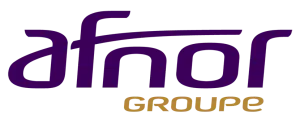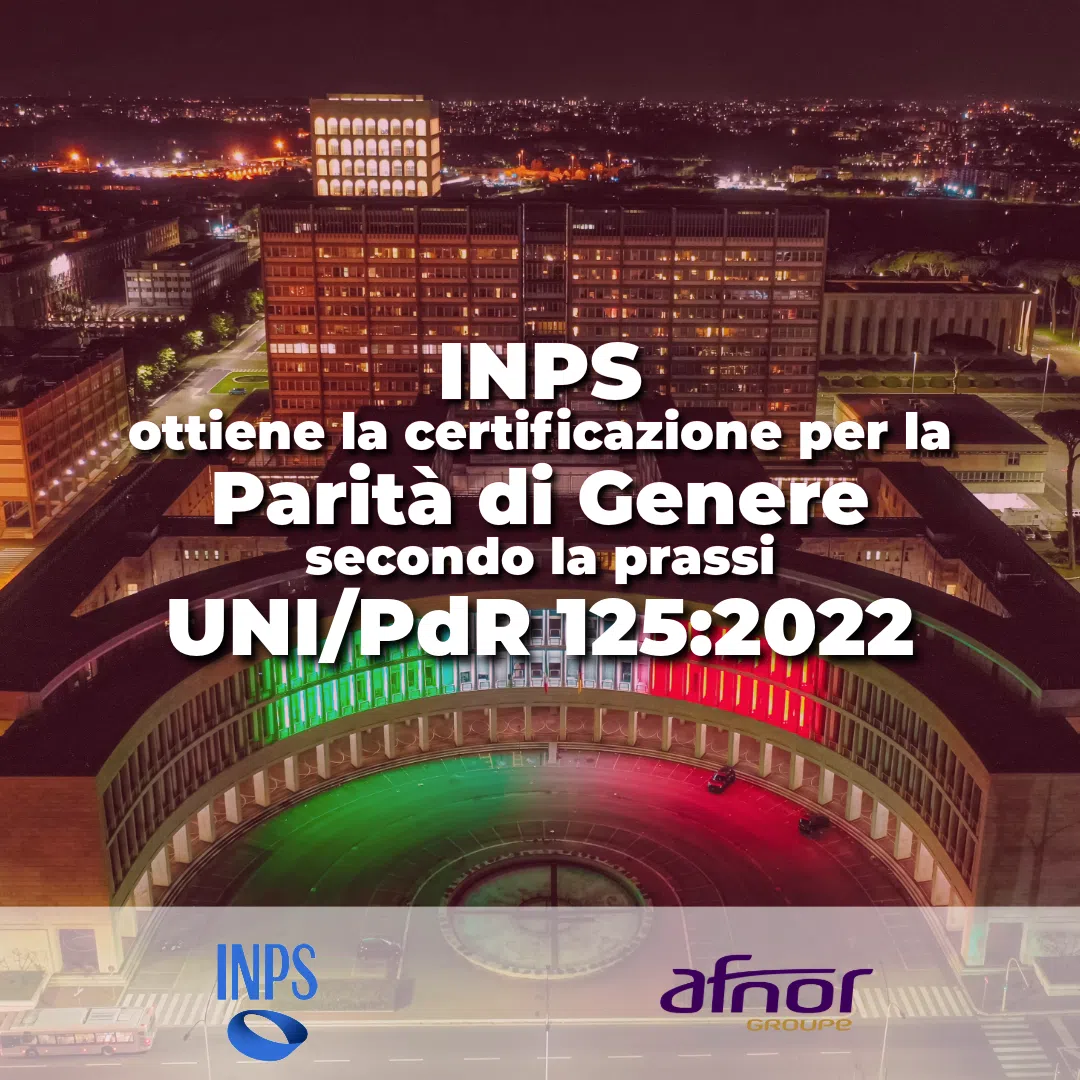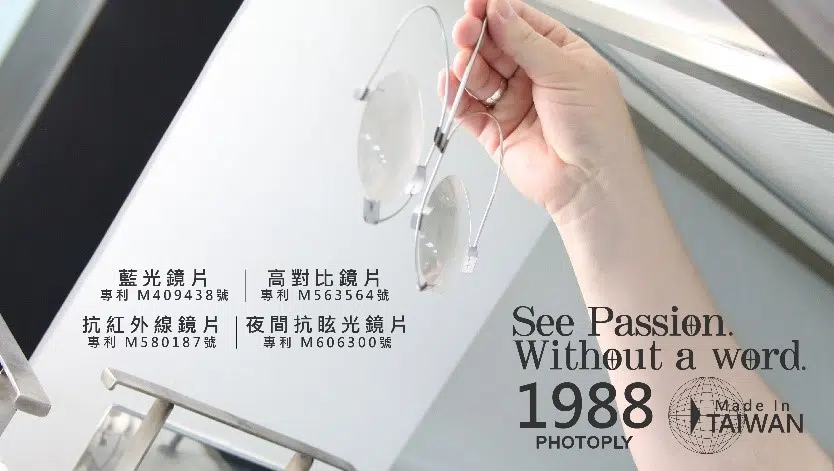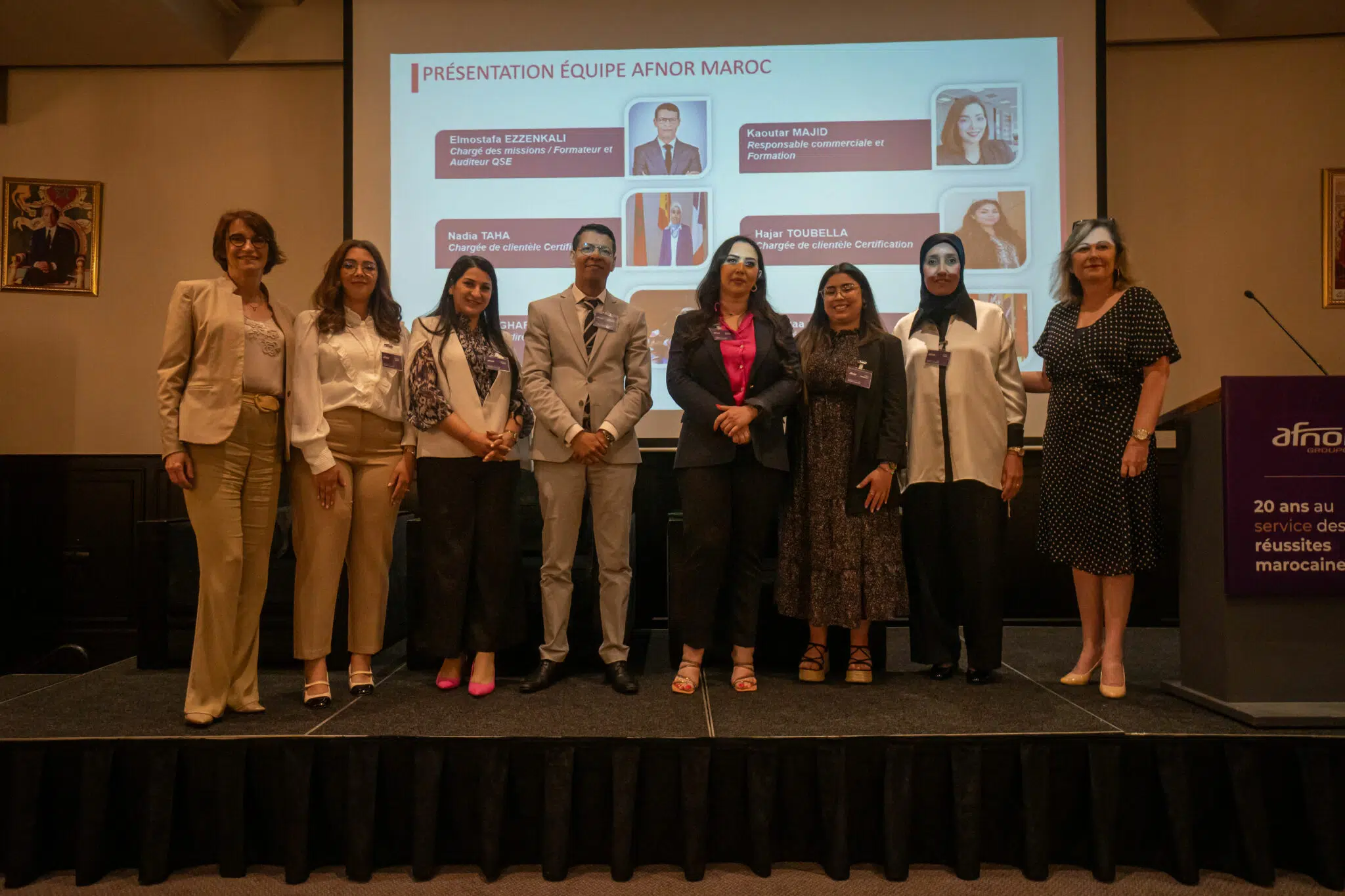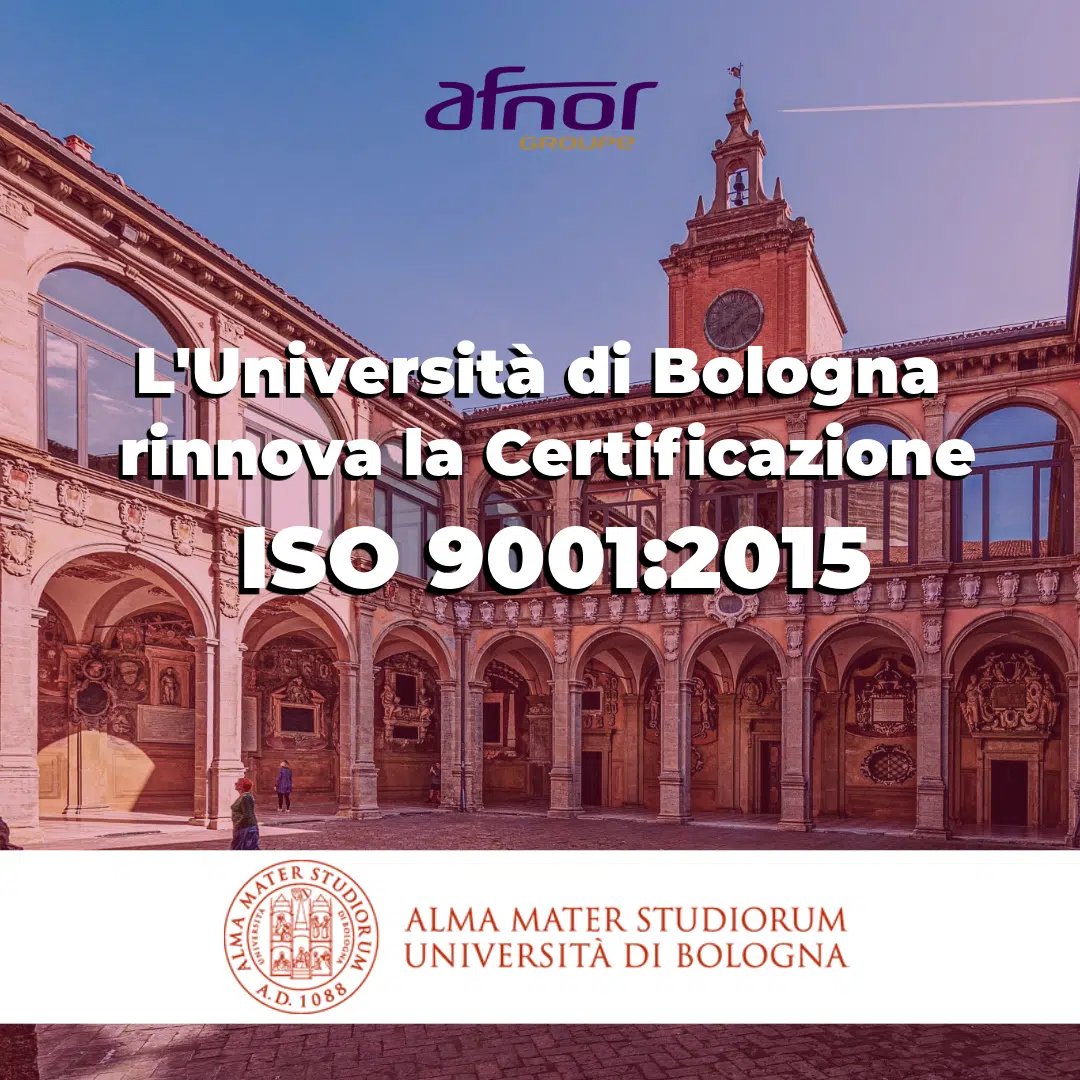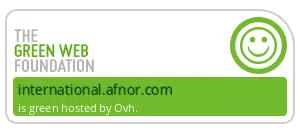In industry, non-quality is often equated with scrap, with non-conforming production destined for destruction. And so the cost of non-quality is the loss of earnings linked to these rejects. There is also a cost to the brand in terms of image. But in reality, this is just the tip of the iceberg. Non-quality has a considerable impact on a company's structural competitiveness, as it reveals processes that generate waste: of material resources, human resources, energy and time. According to a study by the AFNOR group in December 2023, 80% of companies estimate their non-quality costs (NCQ) at between 0 and 5% of sales!
And 17% of these companies believe that the share of non-quality costs in their sales will increase, whereas only 8% feared this in 2017. The subject is therefore one for the future, especially if we include behind the definition of quality notions ranging from product non-conformities to the notion of societal performance.
Two out of three industrial companies measure non-quality costs
Indeed, while 91% of the decision-makers questioned by the AFNOR group in its study said that measuring non-quality costs was necessary or even essential, only 67% actually did so, and 40% systematically defined an action plan if targets were not met. There is a clear distinction in favor of companies certified to ISO 9001 (the quality standard, which is in the process of being revised) and ISO 14001 (the environmental management standard), which are already equipped to track down these costs and the levers for reducing them. But what are the keys to success?
Manufacturers are unanimous in their response: the keys are in the hands of the quality function, which must, where necessary, decompartmentalize and coordinate its approach with both top management and operational staff. From a managerial point of view, for the benefit of finance departments, the handling of non-quality must be understood not as an additional cost for the company, but as a profitable investment, thanks to which every error, every loss of time, every anomaly can be converted into margins for increased profitability. " Ideally, the quality function and management control should be involved, and the teams monitoring the process should be multi-disciplinary", says one interviewee.
Involve operational staff in defining measurement and analysis tools
At the same time, the quality function also needs to get closer to operational staff, who need to see the handling of non-quality not as an instrument of individual control, but as a collective approach to improving their working conditions. "The difficulties faced by operational staff are those of the company as a whole. Workshops also need to be multi-disciplinary, with a global vision", stresses one manufacturer. What's more, operational staff must be fully involved in defining measurement and analysis tools. " The quality function has to listen and teach, but also report on successes; team satisfaction and motivation are at stake," says another interviewee. "Incentives for operational staff to reduce non-quality can also be financial.
For the interviewees, the pitfall of an approach to resolving non-quality would be to exhaust oneself in a desire for an exhaustive inventory and full measurement of all possible and imaginable costs, and thus fall into a discouraging inertia. On the contrary, in their view, it's best to select the most relevant themes, priorities and corrective actions: "For the process to take hold, you have to initiate change quickly.
Read more
- on ISO 9001 - Quality Management System certification
- on QSE certification - Quality, Safety and Environment
- about ISO 9001 - Building your QMS according to the standard
- on the ISO 9001 and ISO 27001 Qualification of Internal Auditors course
- about our certification offer
- on our training offer
- on the previous article "QUALITY AS SEEN BY 1300 QUALITY DECISION-MAKERS FROM 37 NATIONALITIES - PART 1 OF THE AFNOR GROUP STUDY"
- on our international network.

